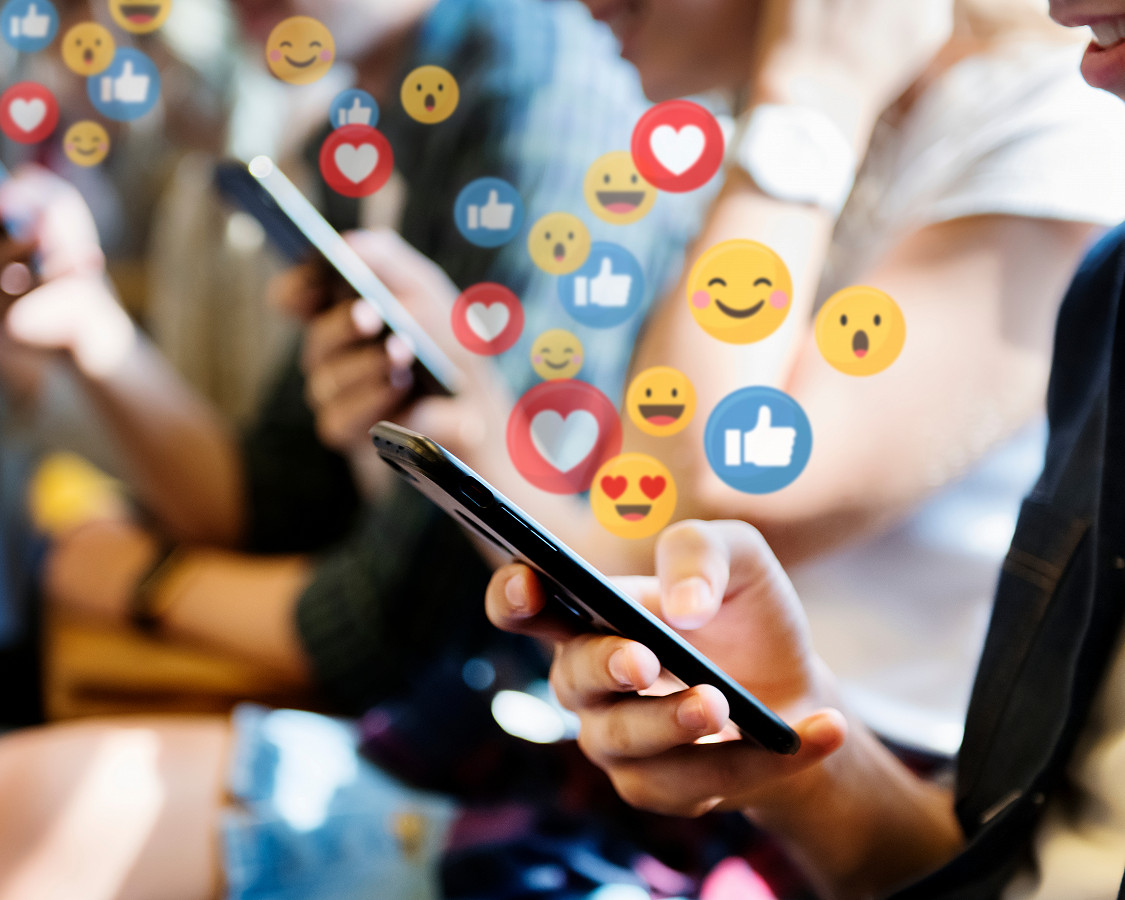Under the Influence
17 March 2023
Over the last decade, influencer marketing has boomed to become a key part of PR and communication plans across the globe. But what actually is an influencer? And what role do they have to play in helping businesses achieve their communication goals? Sidekick's Kirstie Nickson explores...
YouTubers, TikTokkers, Instagram stars and Facebook fame seekers. The rise of social media has brought with it an incredibly fast-growing wave of influencers - people who have built themselves loyal online audiences and in turn, gained the ability to influence those who interact with them.
Of course, celebrity influencers have been around for decades. Famous faces have driven sales on behalf of brands for years, intentionally or not, but, the rise of influencer culture as we know it today has been incredibly quick.
According to the Influencer Marketing Hub's State of Influencer Marketing 2023 Benchmark Report, the industry is set to grow to approximarely $21.1 Billion in 2023, with 67 percent of those who budget for influencer marketing planning on increasing their budget this year.
So, whether you love it or loathe it, influencer culture is here to stay and for many organisations, it has a crucial role to play in the PR and marketing mix.
What is an influencer?
Simply put, an influencer is exactly that – a person with influence.
They could be a reality TV star with millions of followers on Instagram or, increasingly, a ‘micro-influencer’ – usually a member of the public who has built themselves a following of between 1,000 and 100,000 people by creating engaging online content for their audience.
There is a wealth of these people out there, with varying amounts of influence depending on how long they’ve been established, the type of content they create, the topics they cover and their location, too.
What can influencers do for my business?
As with any PR tactic, it’s all about finding the right influencer for your organisation. Just as you’d take the time to consider who and where you’re sending a press release to, it’s vital that you take the time to seek out influencers whose audiences are relevant to you and who will want to know and engage with your brand.
Influencers’ power comes from the fact that audiences see their content as authentic. As such, they have the ability to integrate the promotion of products and services as if it’s part of their everyday lives in a relatable way, albeit with the legally required disclaimer signifying a post has been paid for or posted in exchange for goods or service.
By harnessing this power and collaborating with the right influencers, in the right way, brands can connect and engage with their target audiences like never before.
Ok, so where do I start?
Two words are crucial when it comes to working with influencers: Strategy and Proactive.
You need to have a strategic reason for wanting to work with influencers. Is your target audience engaging with influencers? If so, who? What outcomes are you hoping to achieve by working with influencers?
Secondly – be proactive.
At Sidekick, like many PR agencies, our inboxes are often filled with requests from influencers asking for a ‘free visit’ to a certain hotel or restaurant, in return for content creation.
All too often these requests just happen to coincide with the birthday of the influencer's offspring, or an anniversary, and fail to be backed up by any demonstration of tangible results they have gained through their platforms on behalf of other organisations and brands.
Our ethos here is to avoid. Be proactive, seek out the right influencers for the PR and communication activity you are planning and make those connections yourself, rather than waiting for people to come to you.
This way, you can do the research, ask the questions and be assured that you’ve got the right fit when it comes to working together.
Seek out those who align with your brand values and, importantly, don’t be blinded by enormous follower numbers. Anyone can purchase 40,000 followers online – it’s engagement that matters.
What can I expect from collaborating with an influencer?
This all depends on the influencer’s reach and how long they have been established for. Those with the biggest followings often have agents these days, who will handle all communication and negotiate on the influencer’s behalf when it comes to rates and expectations.
Micro-influencers will often have full-time jobs and do their social media work or blogging on the side, meaning you’ll be liaising directly with them and, in turn, have more flexibility when it comes to discussing the project and any fees attached.
Do I have to pay?
It’s not unusual for influencers to charge a fee these days, especially as they’re legally required to state when a post is a paid promotion or being done in exchange for goods or service.
For the biggest and most famous influential personalities, such as top YouTubers for example, you're looking at tens of thousands of pounds - at least. For your micro-influencers, it could be a much smaller amount, or simply an agreed arrangement in return for complimentary tickets or a hotel stay, for example.
For the right influencers, it is worth the investment. However, do your research beforehand and make sure you’ve agreed in writing the terms of the collaboration and any fees associated.
How do I measure success?
It’s all too easy to collaborate with an influencer and then once they’ve posted their content, forget about it.
However, as will all PR activity, measurement really matters and organisations should never be afraid to ask influencers for insights and results.
Agree what insights you’ll want to see in advance and follow up after the activity has been completed.
This way you can compare engagement statistics and review performance against metrics such as click-throughs and sales activity within your own organisation.
